
8 skills students should develop on vacation after SEE exam

The Secondary Education Examination (SEE) in Nepal is a significant milestone for students completing their Grade 10 education.
After the SEE exam, students in Nepal are usually granted a break or vacation period before they begin their higher education journey. This vacation period provides an opportunity for students to take a well-deserved rest, rejuvenate, and engage in various activities.
Here are several important skills that students can focus on developing to further their education and prepare for their future careers. Some of the key skills that can be beneficial to learn after SEE exam in Nepal include:
1) English language proficiency: English is widely used as a medium of instruction in higher education and is also an important language for communication in many professional settings. Improving English language skills, including reading, writing, listening, and speaking, can greatly enhance a student’s ability to excel in further studies and future careers.
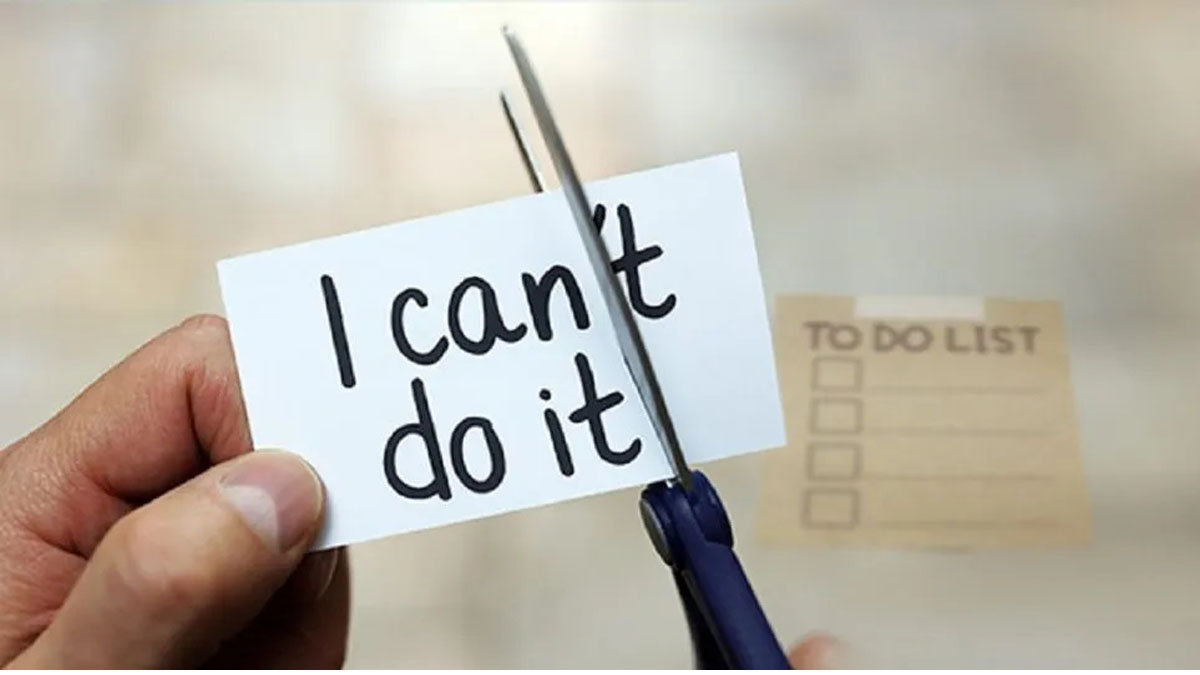
2)Computer literacy: In today’s digital age, computer literacy is essential for academic and professional success. Familiarity with basic computer skills such as word processing, spreadsheet management, internet usage, and email communication can open up opportunities for further learning, research, and employment.

3)Critical thinking and problem-solving: Developing critical thinking and problem-solving skills can help students analyze and solve complex problems, make informed decisions, and develop a logical and systematic approach to addressing challenges. These skills are highly valued in higher education and the workplace.

4)Communication skills: Effective communication skills, both oral and written, are essential for success in various academic and professional settings. Students can work on improving their ability to express their ideas clearly, listen attentively, and communicate effectively with others, which can be beneficial in their further studies and future careers.

5)Time management : Developing good time management and organizational skills can help students manage their studies, assignments, and exams effectively, and stay organized in their academic and professional pursuits. These skills can greatly enhance productivity and success in further studies and beyond.

6)Interpersonal skills: Interpersonal skills, such as teamwork, collaboration, and leadership, are important for success in various professional settings. Students can develop these skills through group projects, extracurricular activities, and volunteering opportunities, which can enhance their employability and future career prospects.

7)Self-motivation and self-directed learning: Developing self-motivation and self-directed learning skills can help students become more independent and proactive learners. Cultivating a growth mindset, setting personal goals, and taking ownership of one’s own learning can greatly contribute to academic success and personal development.
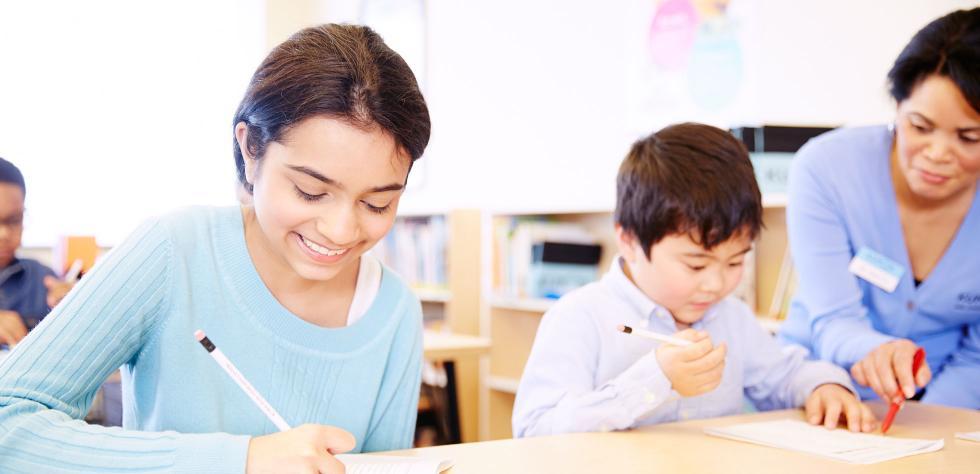
8)Financial literacy: Basic knowledge of personal finance and money management can be beneficial for students as they transition to higher education and eventually enter the workforce. Understanding concepts such as budgeting, saving, investing, and managing debt can help students make informed financial decisions and achieve financial stability.

By focusing on developing these skills, students who have completed the SEE exam in Nepal can better prepare themselves for further studies, future careers, and personal growth.It’s important for students to strike a balance between relaxation and productivity during the SEE exam vacation period. Similarly, it’s important to remember that continuous learning and skill development are lifelong processes, and acquiring these skills can significantly contribute to a successful and fulfilling future.
- Nepal Secures Semifinal Berth in ACC Premier Cup Cricket with Victory Over Saudi Arabia
- Ireland Wolves Complete Sweep with Convincing Victory Over Nepal-A
- Nepal Drowning in Chinese Debt: Kathmandu Mayor’s Poetry Sheds Light on China’s Grip
- Nepal-India Joint Commission Meeting: Focus on Power, Aviation, and Deals



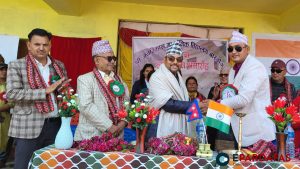
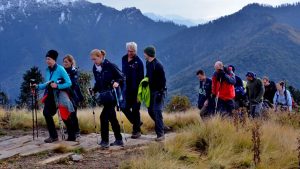
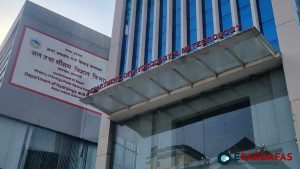
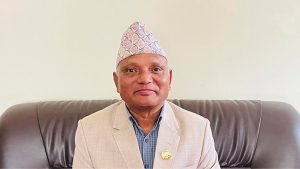

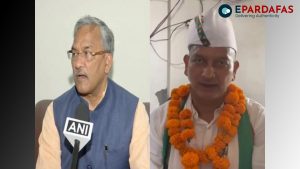






Comments